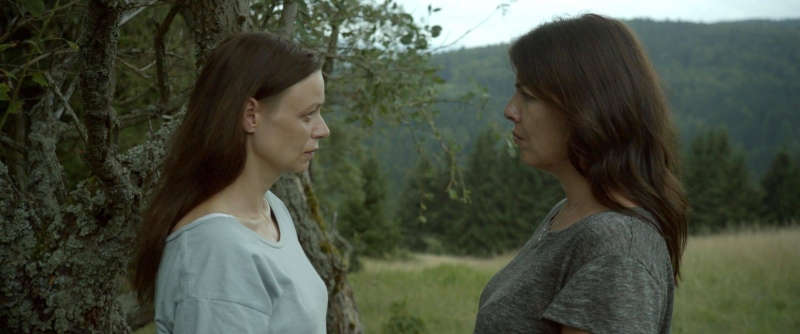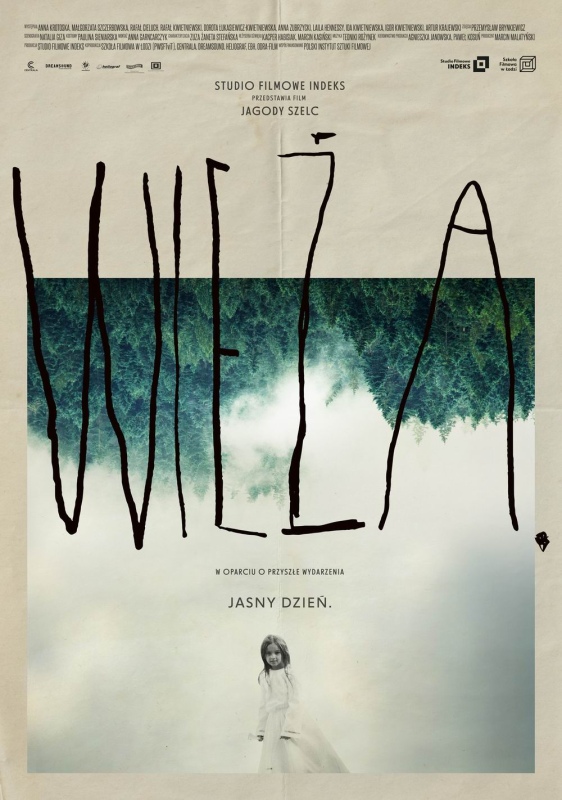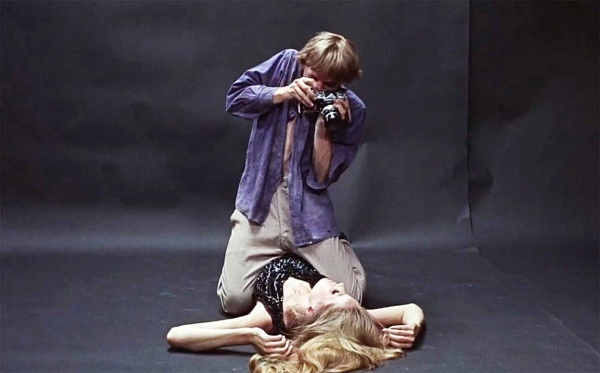17/04/2023
film screening and discussion
Tower. A Bright Day.
Od–jazd Film Club meeting
-
Tower. A Bright Day.
-
[Wieża. Jasny dzień.], directed by Jagoda Szelc, Poland 2017, 106'
-
- A family drama, a psychological thriller or a metaphysical horror? Film club {OD-JAZD} invites you to solve the riddle of the film Tower. A Bright Day. by Jagoda Szelc.
- On the occasion of Nina’s upcoming First Communion, a long-lost relative visits the girl’s family. The mysterious and somewhat strange Kaja enters the orderly world of her rational and responsible sister Mula. As it turns out, however, Kaja is not who she claims to be, and her visit is accompanied by a series of inexplicable events.
- Jagoda Szelc’s feature debut was hailed as the revelation of the 42nd Gdynia Film Festival. It enraptures the viewers with a completely new energy, unprecedented in Polish cinema, and intrigues with its ambiguity, allowing for a variety of interpretations. The gradually thickening atmosphere evokes the style of Roman Polański or Yorgos Lanthimos, while the surprising ending will delight some and dismay others.
- What hides behind the story’s fictional layer?
- What symbols does the director use?
- What is the film’s unique narrative structure?
- We will try to answer these and many other questions together with our club’s expert, dr Barbara Szczekała (PhD). We invite you to the screening and discussion, during which you will be able to ask questions and share your ideas on how to interpret the film, even – or especially – the most offbeat ones. What do you think Tower. A Bright Day. is about? We want to hear your opinion!
- Dr Barbara Szczekała (PhD)
- Doctor of Arts, graduate of film and Polish studies at the Jagiellonian University, deputy editor-in-chief of the magazine Ekrany. Author of the book Mind-game films. Gry z narracją i widzem [Mind-game films. Games with narrative and spectator]. Her interests encompass various phenomena of contemporary cinema, particularly those containing the prefix post- in their names. She has written on post-irony, post-fiction cinema, post-Lynchian films and post-classical narrative, as well as on melodrama and cinematic retromania. With a romantic passion and a positivist mission, she engages in the audiovisual education of young people in Kraków’s cinemas.




